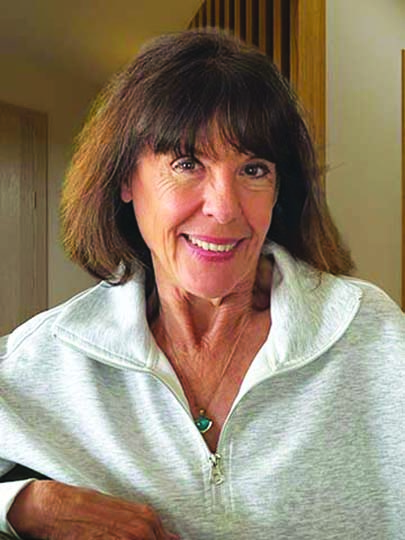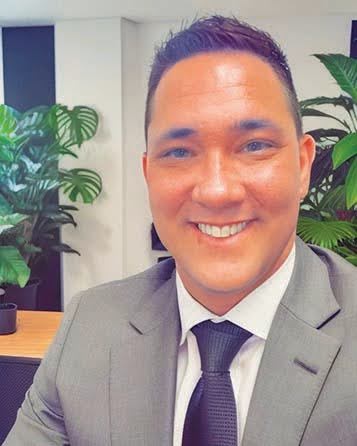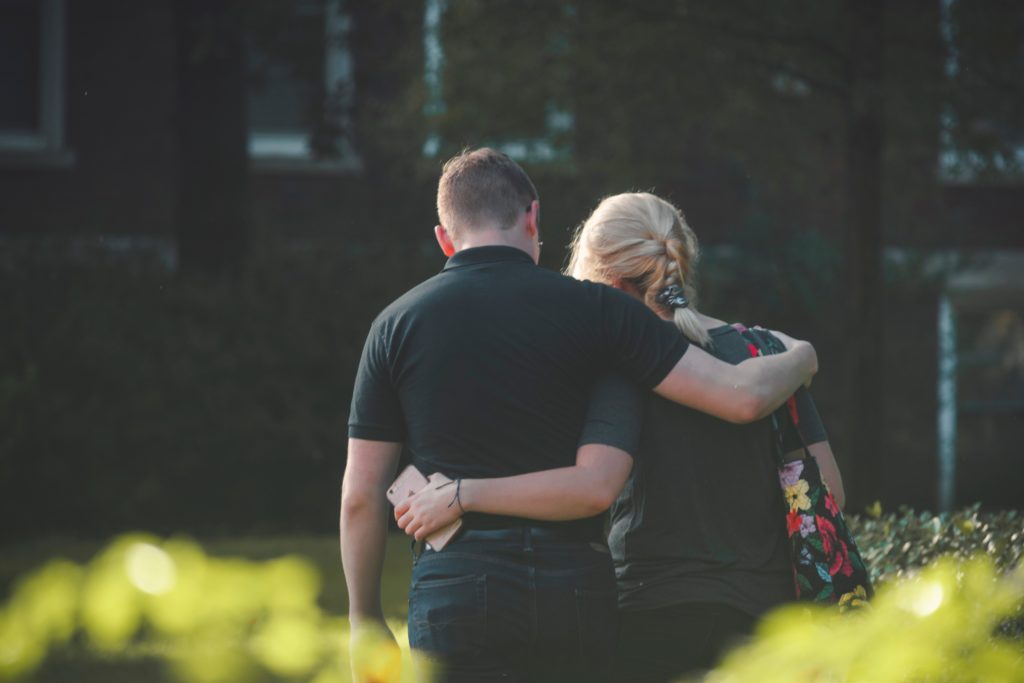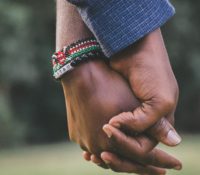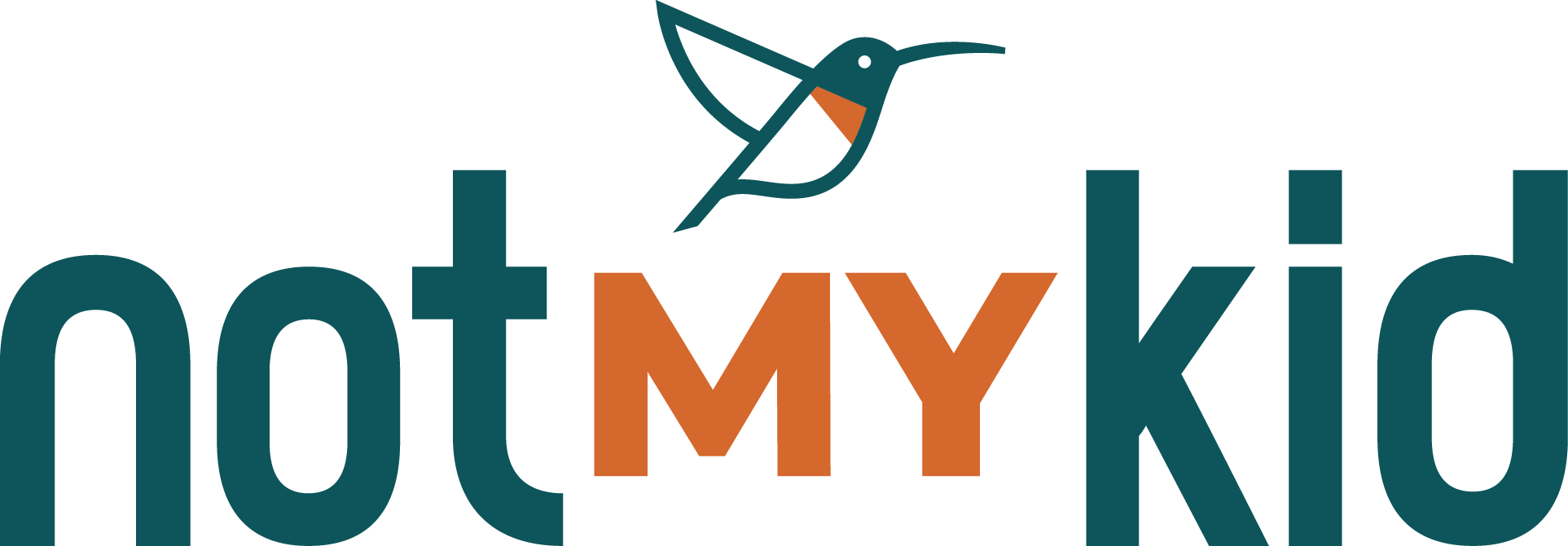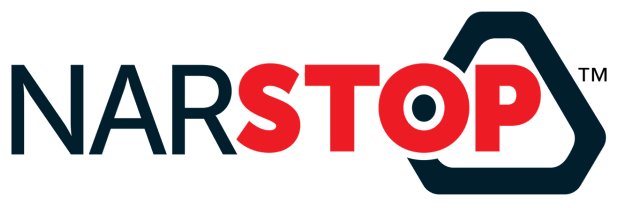As a trauma and addictions therapist for over 20 years, I have worked with literally thousands of family members who are frustrated, hurt and bewildered by their loved one’s substance abuse issues.
Discovering someone you love has a problem is often ranked up as one of the worst days of our lives. Although we have many different reactions, many of us remember the details of this event just like hearing the news of any other traumatic event. We replay the movie in our mind and feel every feeling imaginable throughout the process. We may go through some or all of the stages of grief — we feel disbelief, hope it isn’t the case, and wish we could change it. We feel anger, sadness, and finally come to terms with the issue —not necessarily in that order.
Sharing these inner reactions can be rewarding and healing from the standpoint of allowing us to get acknowledgment and clarity from others who are bravely walking the path with us.
For Parents
An important first step when working with a parent is to help them work through these initial reactions and any ongoing stress from having lived with or interacted with an addict in the cusp of their behaviors. It can be terrifying and erode your sense of direction.
Most family members need a place to share their concerns, fears, and hurt. No two stories are alike, but relating to other people makes us realize that at least we are not alone.
Looking at our internal dialogue, reactions, and projections on the matter can be fundamental in the process.
Two of the most common reactions I see become obstacles to the recovery process are personal story comparisons and shame/guilt. I’ve spent long hours working with families on their disbelief surrounding their child’s use of drugs or alcohol. Many times they themselves had a phase or addiction they were able to combat with a particular resource, process, or “cold turkey” approach. This is totally understandable.
One of the first things most people do when they hear news about a loved one is thinking about our own experience with similar problems and try to solve their adolescent’s problem using a solution from the past.
We lovingly project and formulate a solution upon our kids. Unfortunately, everyone’s unique history, genetic code, and chemistry, coupled with how much more potent drugs and routes of administration are vs. those used years ago, we may be off in our estimation of exactly how someone can or should follow another person’s path. Some family members and loved ones feel they overcame issues without help or treatment.
This sends a confusing message where treatment is being considered. It may make one wonder if they should not ask for help but try instead to gather a cold turkey moment out of thin air and sheer “willpower.”
For most addicts, they may not be able to stop without assistance — even with considerable mental strength. As someone with diabetes, one person may be able to control it with diet and exercise, and another with similar genes may need a completely different treatment plan.
I often work immediately with family members to step out of themselves and see the person in front of them as unique — leaving aside their own history as a very different event.
For someone exploring treatment options, it can be a deterrent to suggest they should do as someone else did. This may result in someone not seeking as much help, or the right kind, for themselves.
Shame and Guilt
This type of emotional reaction wreaks more havoc. While it is a common experience to immediately pull into yourself and wonder what you’ve done wrong, it is rare anyone could ever say it is a loved ones “fault” a substance use issue occurred. While there are plenty of things to explore in terms of how to best support your child’s recovery and make positive changes for their benefit, it becomes a convoluted mess when guilt and shame are involved.
We frequently enable, miss opportunities for strong boundaries, and accidentally make excuses thinking erroneously we should shoulder more than our fair share of the blame.
While there are many reactions, these two are common ones I see that require some work oftentimes with a qualified counselor, a parent support group, or educational seminars.
Consider the common Al-Anon motto, “we didn’t cause it, we can’t control it, and we can’t cure it.”
This motto brings these reactions to light. This simple saying brings many a weary family member back to the center. Remember that despite all the mental effort, the work you can do to be helpful is probably found in these truths, loving called the “Three Cs of Al-Anon.” Family members and support persons can take this to heart and find a group, counselor, or supportive ear and dig a little deeper into our own reactions which may prevent us from seeing the problem in someone else with clarity. In closing, while it can be a harrowing and powerless feeling to begin this journey as a supportive parent, we find that a good starting place is a journey that starts right within us.
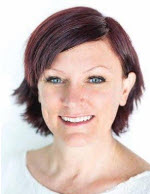
Kim Miller is a LCSW, LISAC, EMDR, Advanced Level Somatic Experiencing Practitioner, Meadows trained clinician, Certified Life/Executive Coach in private practice specializing in attachment trauma, codependency, addictions, mental health, and trauma.

